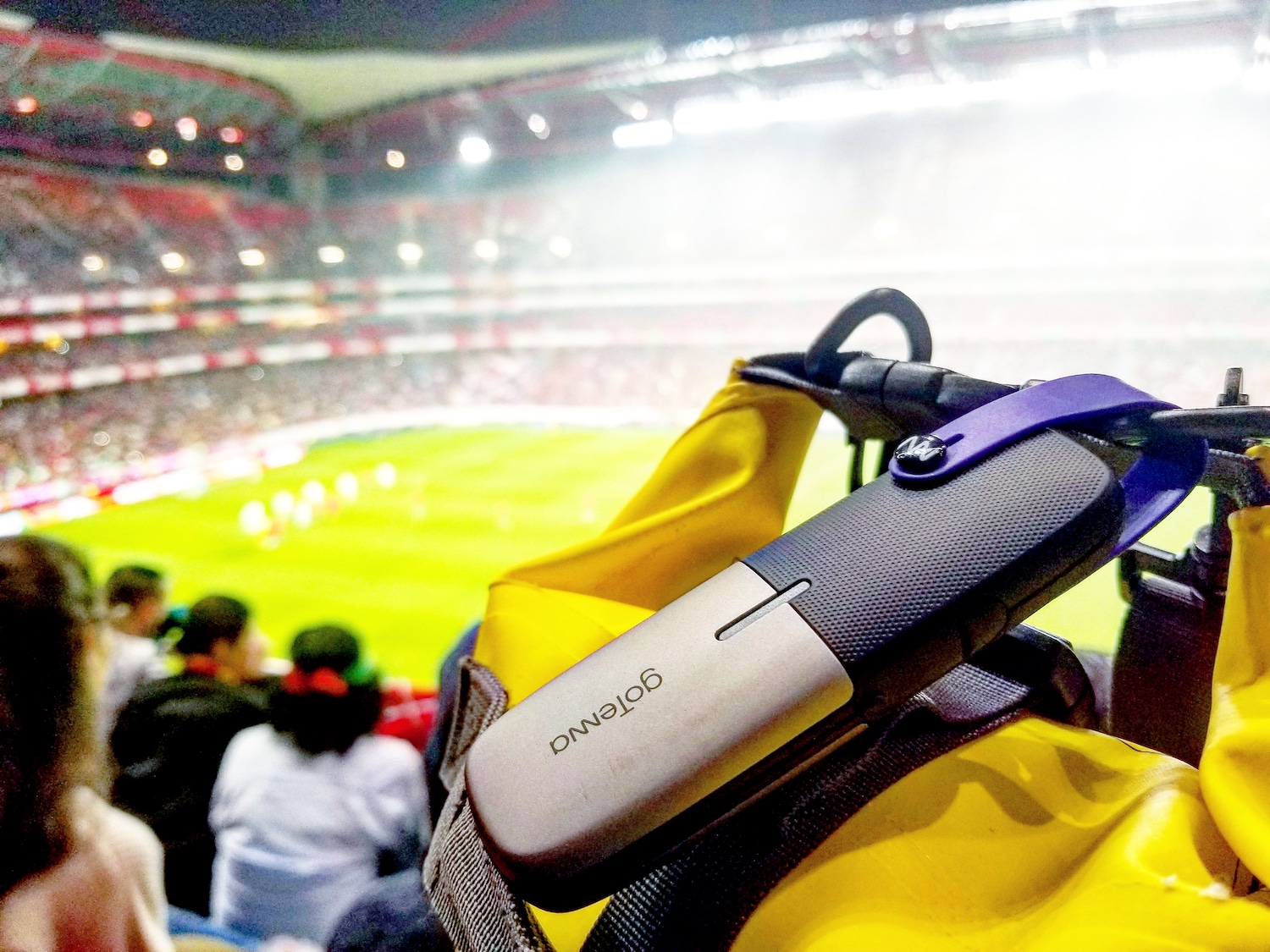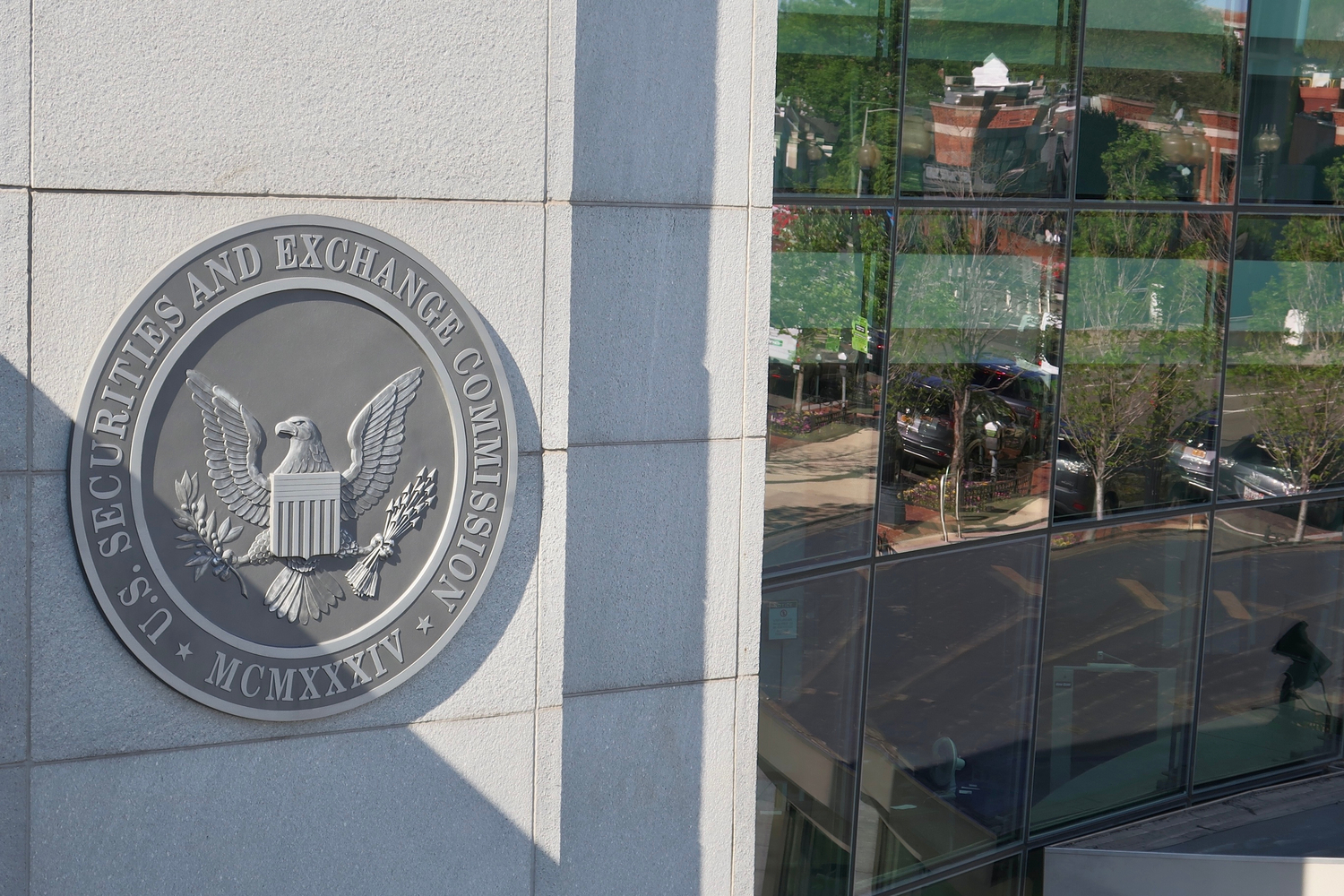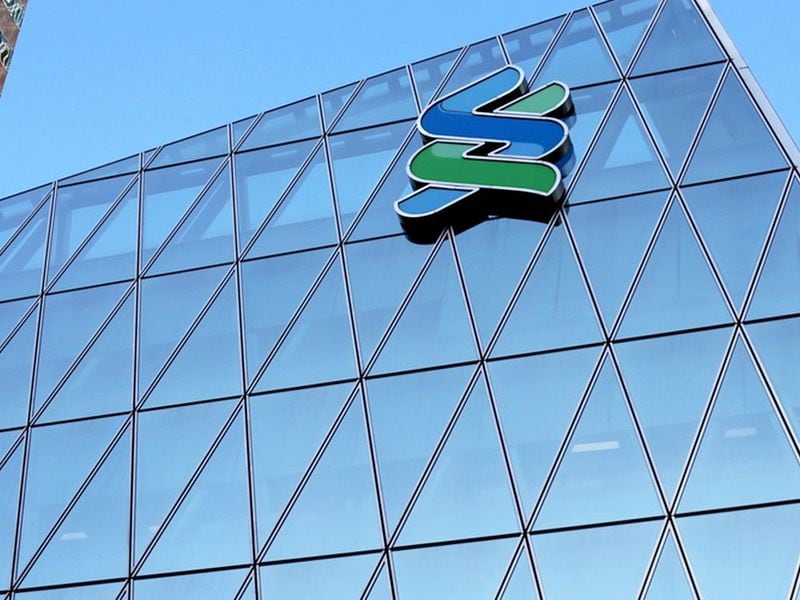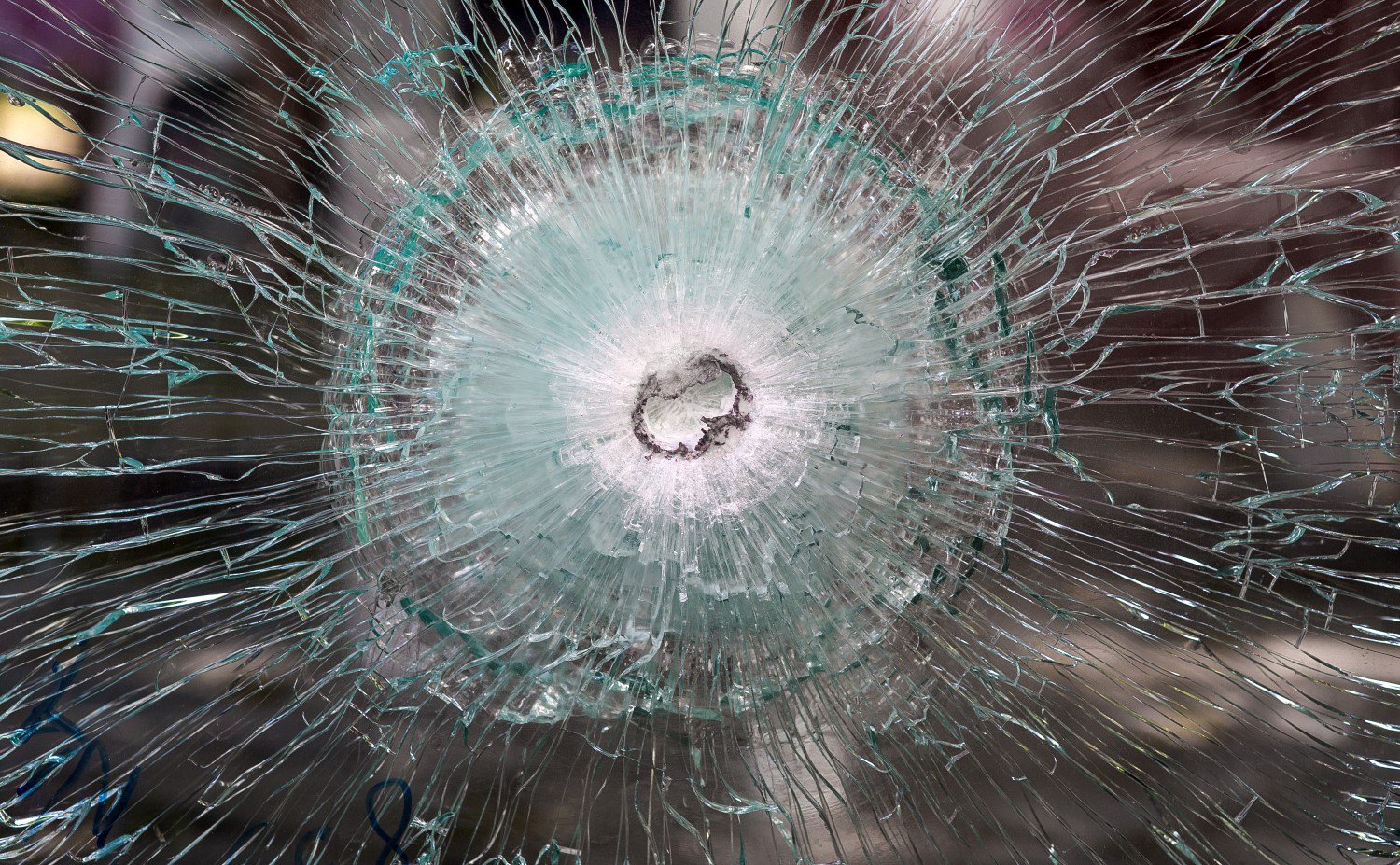Martin Shkreli’s Wu-Tang Clan Album Now Belongs to a DAO
Back in 2015, the pharmaceutical executive and fraudster Martin Shkreli purchased the sole physical copy of “Once Upon a Time in Shaolin,” the seventh studio album by the Wu-Tang Clan.
When Shkreli was sent to prison in 2018, the album was seized by the federal government, which held onto it until earlier this year. It was sold in July to an unknown party for an undisclosed amount.
The New York Times reported Wednesday that the mysterious buyer was PleasrDAO, the investment collective that’s spent the past year buying up multimillion-dollar non-fungible tokens (NFTs). The sale price was $4 million.
It makes sense, in a way. NFTs are one-of-one cryptocurrencies attached to media files. Proponents say they encourage a new sort of economic framework for digital art, based around patronage: if an NFT purchase funds an album or artwork, the work can still exist online, for free, while the artist gets paid.
It’s the inverse of the Wu-Tang model, where a single purchaser was able to effectively keep the music from the rest of the world. This was part of the concept behind the album – the initial sale contract prevented the buyer from releasing the music commercially for 88 years.
Though the general public has still never heard “Once Upon a Time in Shaolin,” PleasrDAO member Jamis Johnson has described the album as a sort of “O.G. NFT.”
DAO stands for “decentralized autonomous organization” – a kind of investment group built around shared ownership of a cryptocurrency. Think corporations, without the actual incorporation.
CoinDesk has also learned that an agency called 6, which works with clients in the NFT space, brokered the deal between the PleasrDAO and the U.S. government.
6 co-founder Jesse Grushack told CoinDesk in an interview that he and his partners brought the idea to PleasrDAO earlier this year.
“The U.S. government was very clear that they needed to get rid of this to basically pay back the debts that Martin had accrued, and had been legally liable for,” Grushack said. “They didn’t want this deal to become like a public auction or anything, they just wanted it to be like a closed-door thing.”
Ultimately, it’s up to PleasrDAO to decide whether or not they want to keep the music under wraps. Because the album can’t legally have a commercial release, the DAO may decide to get creative.
“We believe that we can do something with this piece,” Johnson told the Times, “to enable it to be shared and ideally owned in part by fans and anyone in the world.”
“Theoretically, they could have 5,000 owners of the album and make a private listening party for those owners,” said Grushack, nodding to the concept of fractionalized NFTs (something PleasrDAO has played around with before). “I think it’s gonna be up to them to figure out the way to bring this back to the people.”

Will Gottsegen is CoinDesk’s media and culture reporter. He holds less than $500 in ETH, and less than $1000 in NFTs.
Subscribe to Valid Points, our weekly newsletter about Ethereum 2.0.
By signing up, you will receive emails about CoinDesk product updates, events and marketing and you agree to our terms of services and privacy policy.









